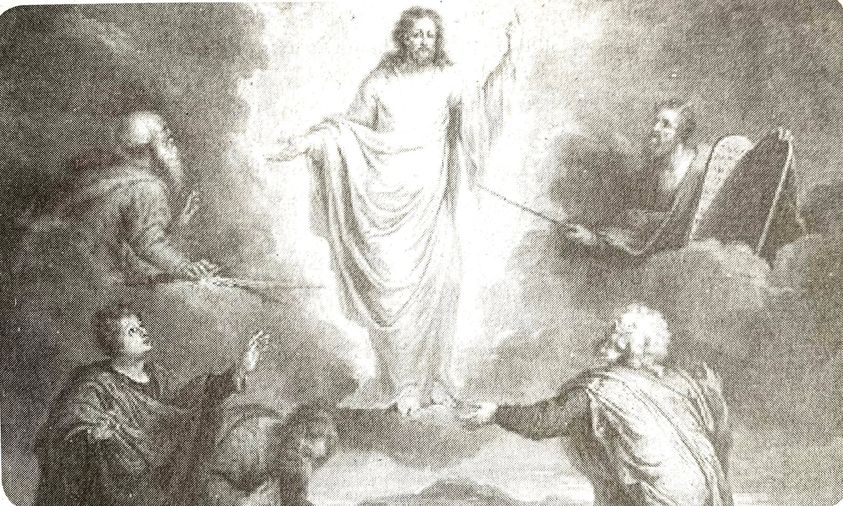287 total views
All three synoptic gospels narrate the Transfiguration of Jesus (Mk 9:2-10; Mt 17:1-9; Lk 6:28-36). Both Matthew and Luke have drawn on the more primitive Mark in recounting it and many features of the story are shared in common. It is best described as a theophany where the three disciples are given a glimpse of Christ’s future glory. And like the experience of Moses on Sinai or Jesus at his baptism, it comes to us with heavy theological implications. And this is where each evangelist makes known their respective intentions through the distinct features they focus on in the narrative.
In Matthew Jesus is recognized by the Father as being the emissary of redemption as his Son (Ps 2:7), as favored servant of the Lord Is 42:1), and as an end-time prophet like Moses (Dt18:15). In Mark where Elijah is center stage in the conversation with Jesus, it signals the coming end-time where the prophet has returned in the person of Jesus (Mk 9:1, 11-13). Focusing on the Lucan account this Sunday, he alone mentions the subject of the conversation between Jesus and Moses and Elijah: “…and spoke of his exodus” (vv 31-32). The word ἔξοδος is immediately identified with the second book of the Bible and in particular the events of Ex 12:29-15:21. The word literally means departure (as translated in NRSV 1993) or passage (cf. CCD Lectionary 1970).
In the context of the geographical perspective of Lucan theology, this refers to Jesus’ steady movement toward Jerusalem where the completion or fulfillment (v32) of the events foreordained in God’s salvific plan happened. Though it alludes as well to the Hebrew exodus from Egypt, this theme is central to Luke’s gospel which is largely constructed around Jesus’ journey to Jerusalem (9:51; 19:28) where his definite leave taking, or departure, or his entire transit to the Father, will occur (the ascension, Lk 24:50-52). It is indeed the city of destiny for Jesus.
In Luke’s writings salvation history moves forward. He moves us with Jesus toward Jerusalem. And this our call as well. It reminds us not to become so involved in temporal concerns, even legitimate ones, that we forget our ultimate destiny, our own transfiguration into the image of Christ. Since we are citizens of another realm (Phil 3:20-21), our Christian identity must condition our way of life. To be able to do so, we need to continue to listen to the Father’s “chosen Son”, that we may find the way to his glory.

















